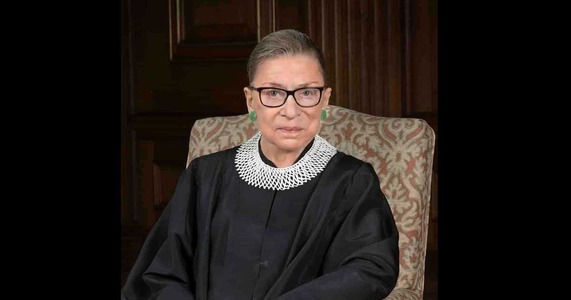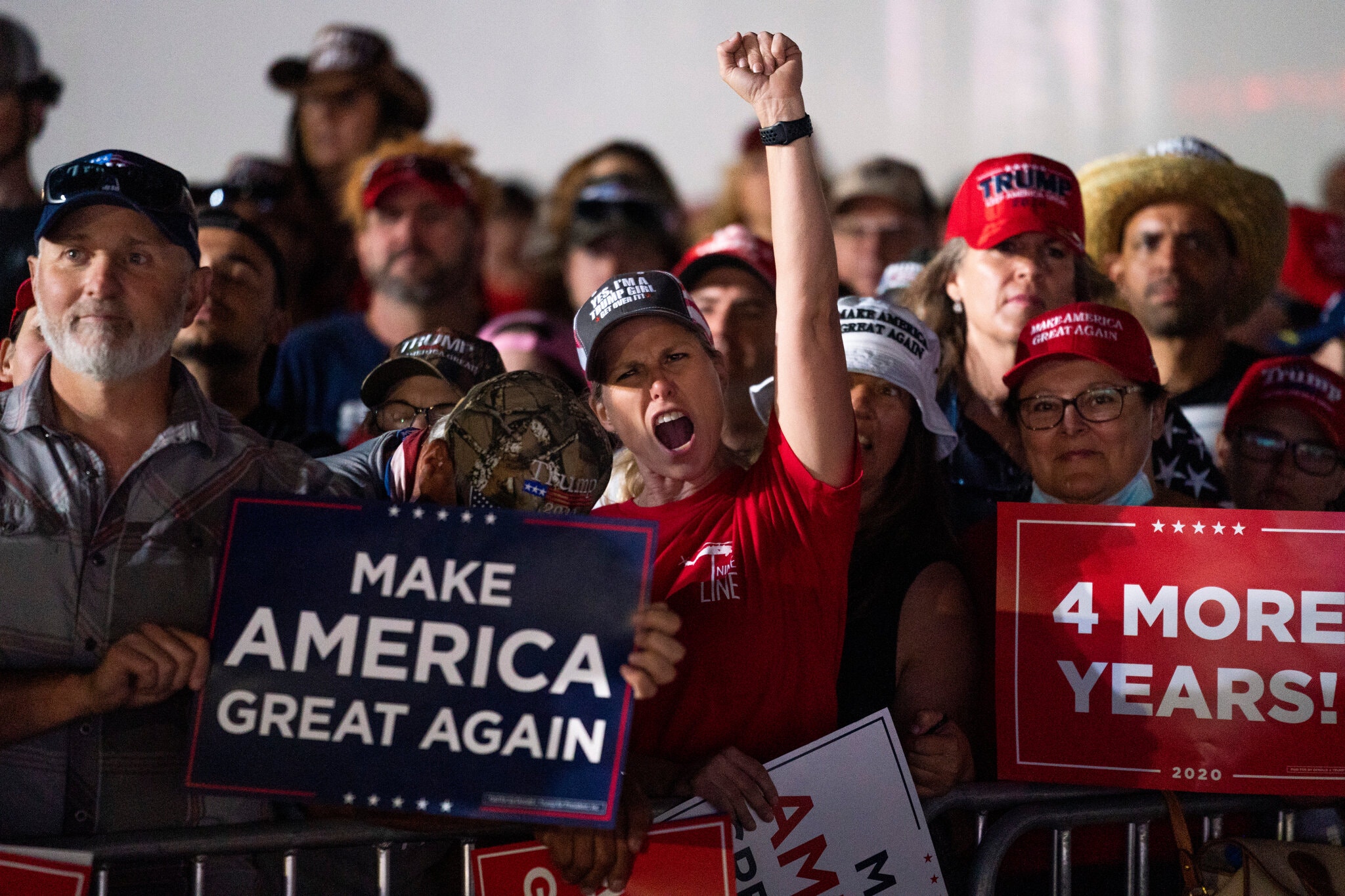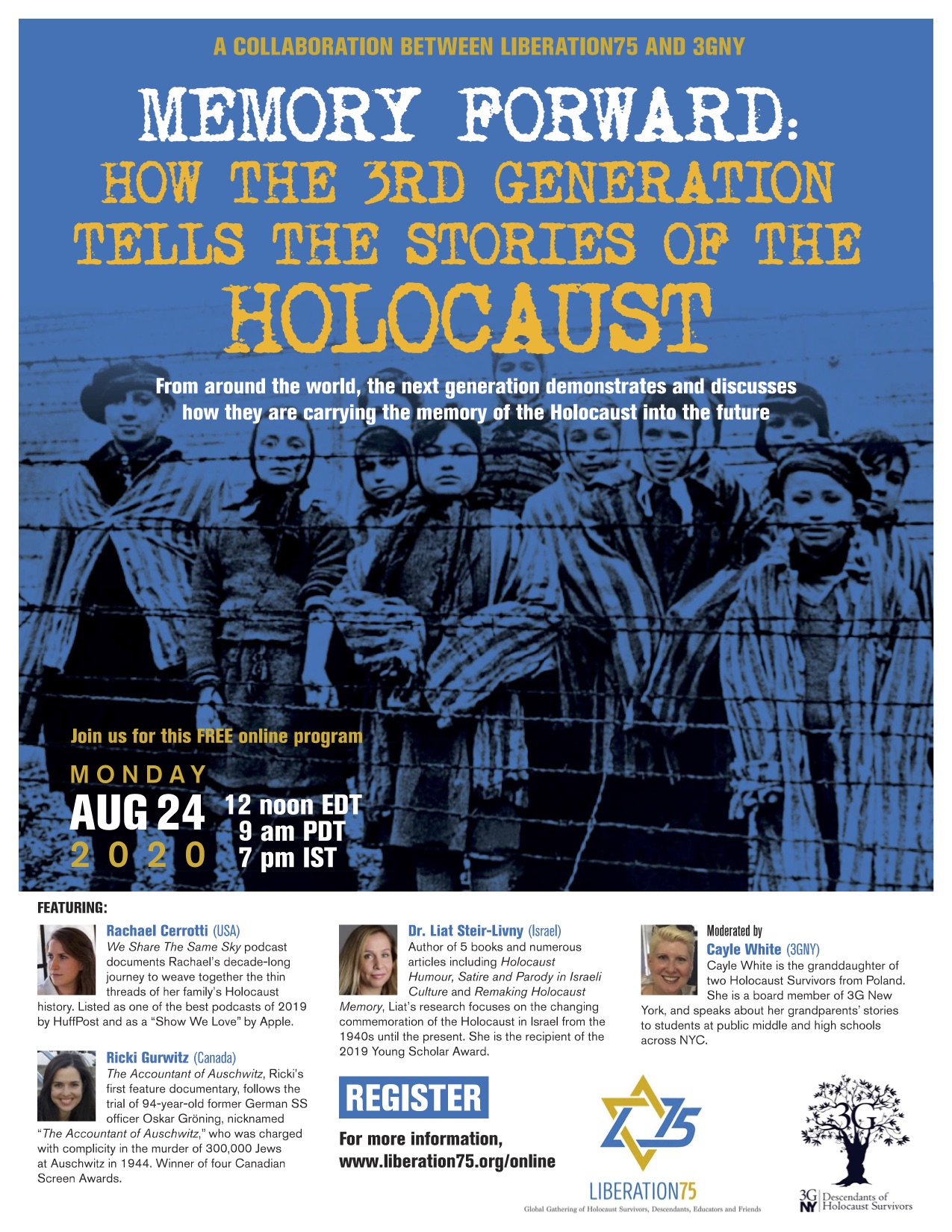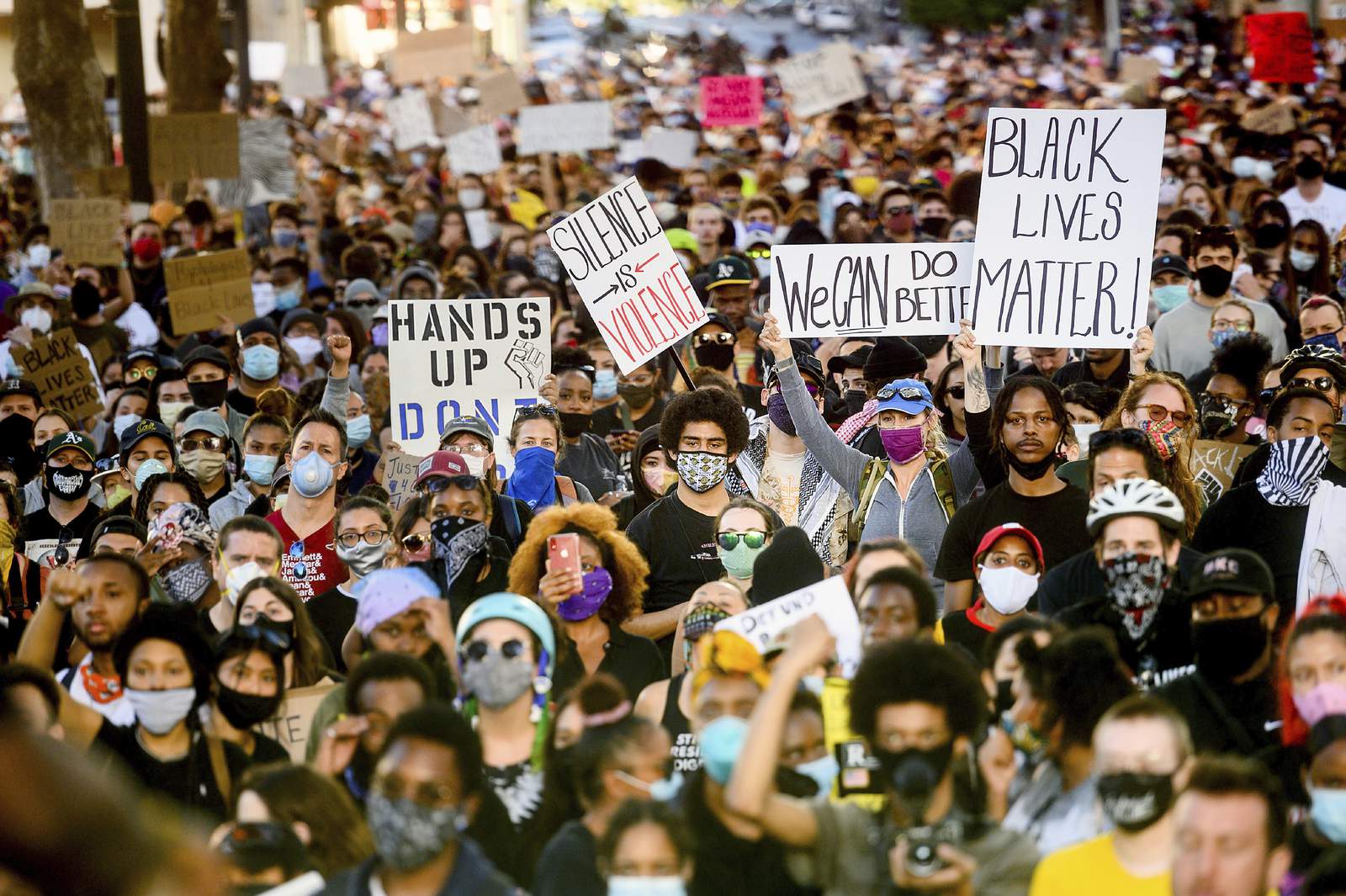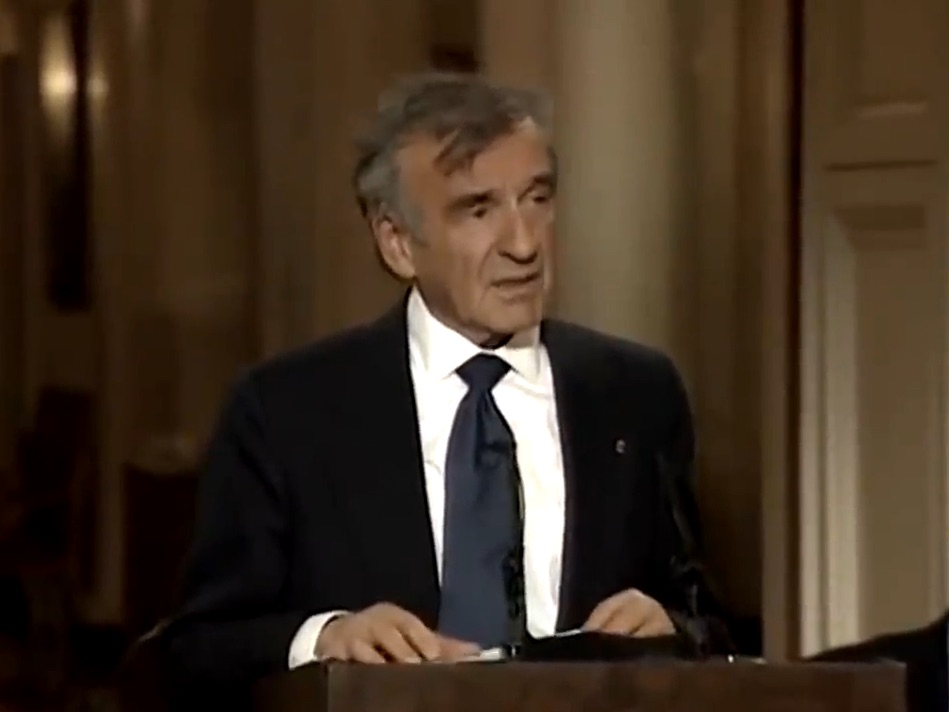holocaust
Do not fill Ruth Bader Ginsburg’s Supreme Court seat until after the 2021 inauguration
The GOPers may not have the votes to confirm a replacement for the late, great Ruth Bader Ginsburg. Sens Murkowski and Grassley are on clear record as saying they will not vote for a new justice this year. Sen Collins has clearly stated that she will not do so before Read more…
